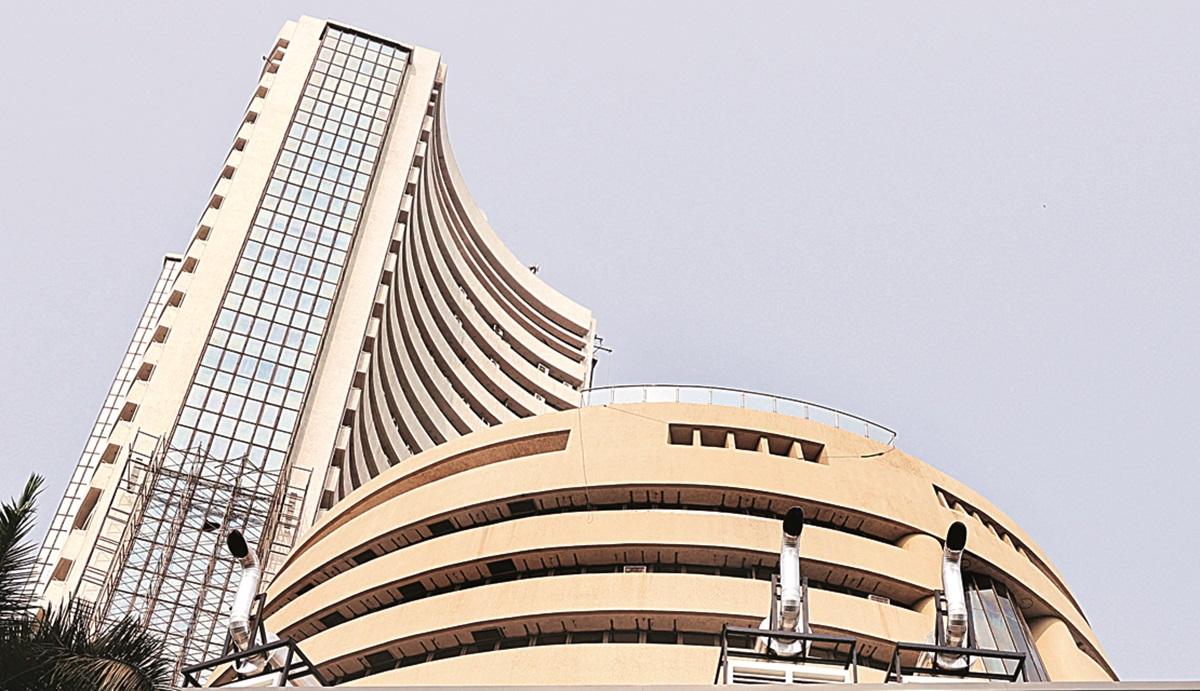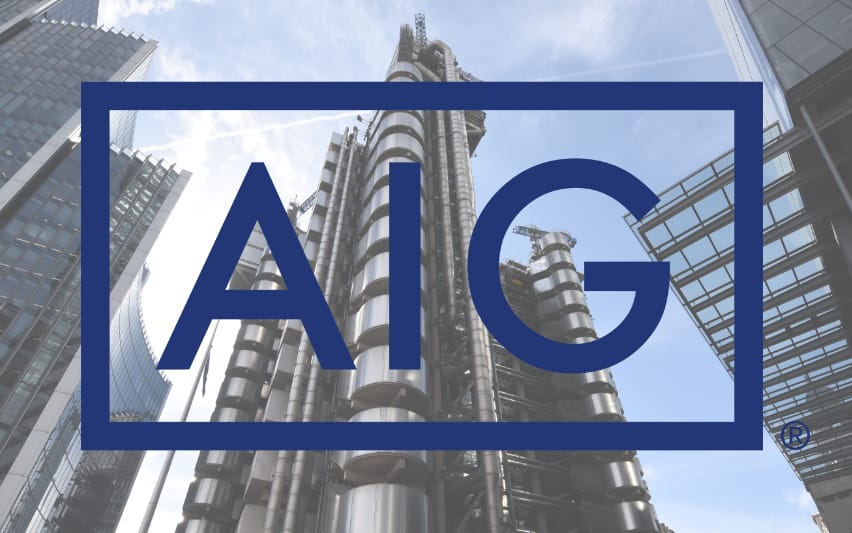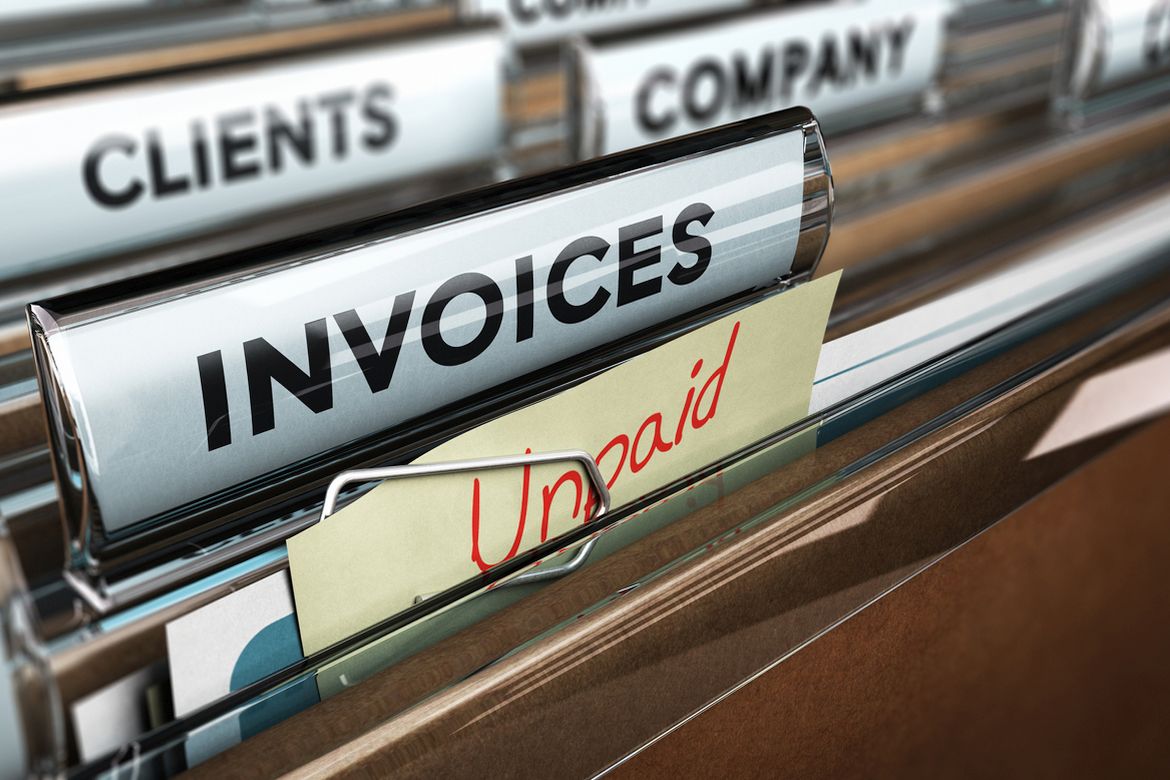Cash flow issues caused by overdue invoices, often create uncertainty over the ability to cover monthly operating expenses and pay wages. In some cases, this issue has put the final nail in the coffin as many businesses are forced to cease operations. Despite this, the issue shows no signs of improving as over half of business leaders in the UK are still waiting for invoices to be paid from the previous tax year.
Small business owners are already facing a difficult year financially, thanks to a struggling economy and increasing bill payments, among a plethora of other issues. Waiting on late payments can also severely impact the smooth running of a business. This issue is so widespread that 55 per cent of small and medium-sized enterprises (SMEs) in the UK have outstanding invoices from the 2022/23 tax year, the financial comparison website NerdWallet has revealed.
While the economic environment shows no signs of quickly getting better, the number of late payments also appears to be increasing. Forty-six per cent of respondents to NerdWallet’s survey of 1,000 small business owners and decision-makers said that the number of outstanding invoices they were left with at the end of the 2022/23 tax year had increased when compared to the previous year.
No quick resolutions for small business owners
It is also clear that unpaid invoices can cause issues for extensive periods of time:
- Less than a month overdue: 35 per cent of unpaid invoices
- Between one and three months late: 27 per cent of unpaid invoices
- Between four to six months late: 20 per cent of unpaid invoices
- Over six months late: 18 per cent of unpaid invoices
Although any late payments can cause serious issues for small businesses, the prevalence of longer-term late payments is an especially worrying sign.
While businesses are left waiting for payment, 39 per cent of owners and decision-makers explained they may have to reduce their overheads because of unpaid invoices. This included downsizing office space or working remotely to cancel a team’s social spending.
Meanwhile, 28 per cent of respondents paused recruitment and a fifth froze planned pay rises. A quarter even had to source financial support, such as a business loan, to keep running.
Making redundancies to cope with financial shortfall caused by late payments was at least a consideration by 22 per cent of respondents.
‘Be aware of the legislation surrounding repayments.’
Connor Campbell, business finance expert at NerdWallet, discussed the findings and offered some advice regarding potential solutions for SMEs: “At a time when many businesses across the UK are already facing an extremely turbulent period financially, the stress and uncertainty of unpaid invoices is an additional headache that no organisation will welcome.
“Our survey found that overdue invoices can have substantial effects on SMEs, causing them to make cutbacks on expenditure, recruitment, and even staffing. We were most concerned to see that so many business owners were simply happy to sit back and wait for these late payments without chasing up invoices.
“Of those that did pursue payment, very few opted to charge interest on repayments. Businesses in the UK are entitled to charge interest of up to 8 per cent plus the Bank of England base rate for business-to-business transactions.
“This is an area wherein many businesses could be losing out on compensation for the inconveniences caused by overdue invoices, so it’s important for business owners and freelancers to be aware of the legislation surrounding repayments.”





































